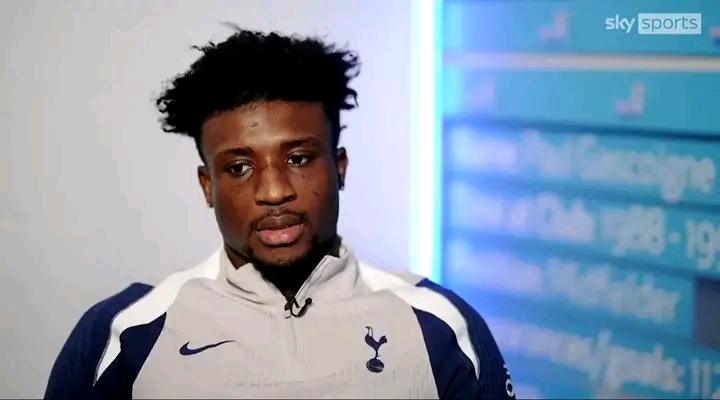The Trump administration has ordered U.S. embassies globally to pause new appointments for student visa interviews, a move officials say is part of a broader effort to expand social media background checks for foreign applicants.
In a memo circulated to embassies and consulates, U.S. Secretary of State Marco Rubio announced that the freeze will remain “until further guidance is issued.” The directive affects new applicants for both student and foreign exchange visas, though interviews already scheduled will proceed as planned.
The policy shift is expected to have a significant impact on international students, particularly from countries like Ghana, where hundreds of students travel to the United States each year to pursue higher education.
“It’s deeply unsettling,” said Abena Owusu, a 19-year-old prospective student from Accra. “I’ve worked for years to get to this point—admitted to a university, ready for my visa appointment—and now everything feels uncertain.”
The U.S. Embassy in Accra has not commented publicly, but consular officials are reportedly advising students to monitor embassy communications closely for updates.
The memo also signals an expansion of the U.S. government’s vetting process to include deeper scrutiny of social media activity. It remains unclear what kind of content may be deemed problematic, or how it will be evaluated.
Tammy Bruce, a spokesperson for the U.S. State Department, defended the decision. “We take very seriously the process of vetting who it is that comes into the country, and we’re going to continue to do that,” she said.
The freeze comes amid mounting tensions between the Trump administration and several U.S. universities. President Trump has criticised elite institutions for what he describes as anti-Israel sentiment and discriminatory admissions practices. Protests over Gaza and campus unrest have further strained the relationship between the White House and academia.
In recent months, the administration has taken aggressive actions against universities, including visa suspensions for international students and funding cuts, some of which have been blocked by federal courts. Harvard University, home to one of the largest international student populations in the U.S., has been a particular target.
Critics warn that the latest directive could discourage talented students from applying to U.S. schools altogether, potentially damaging America’s reputation as a global education hub.
“There’s a real risk here of isolating the U.S. from the global academic community,” said Dr. Kwame Anane, a Ghanaian educational consultant. “We’re talking about the dreams of young people being put on hold, or even dashed entirely.”
For now, students across Ghana and beyond are left in limbo, waiting, hoping, and refreshing embassy websites for news on what comes next.














